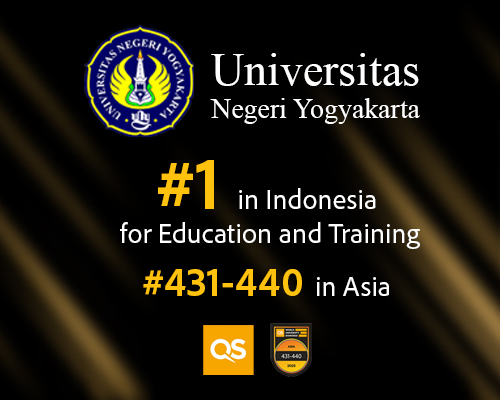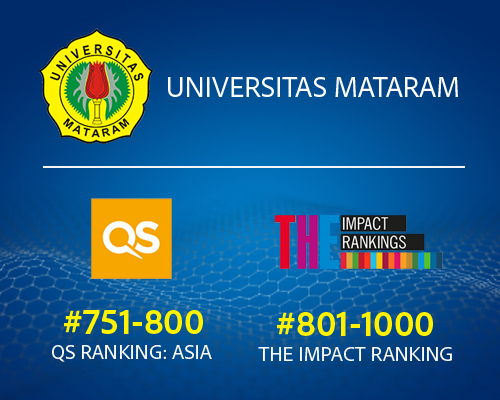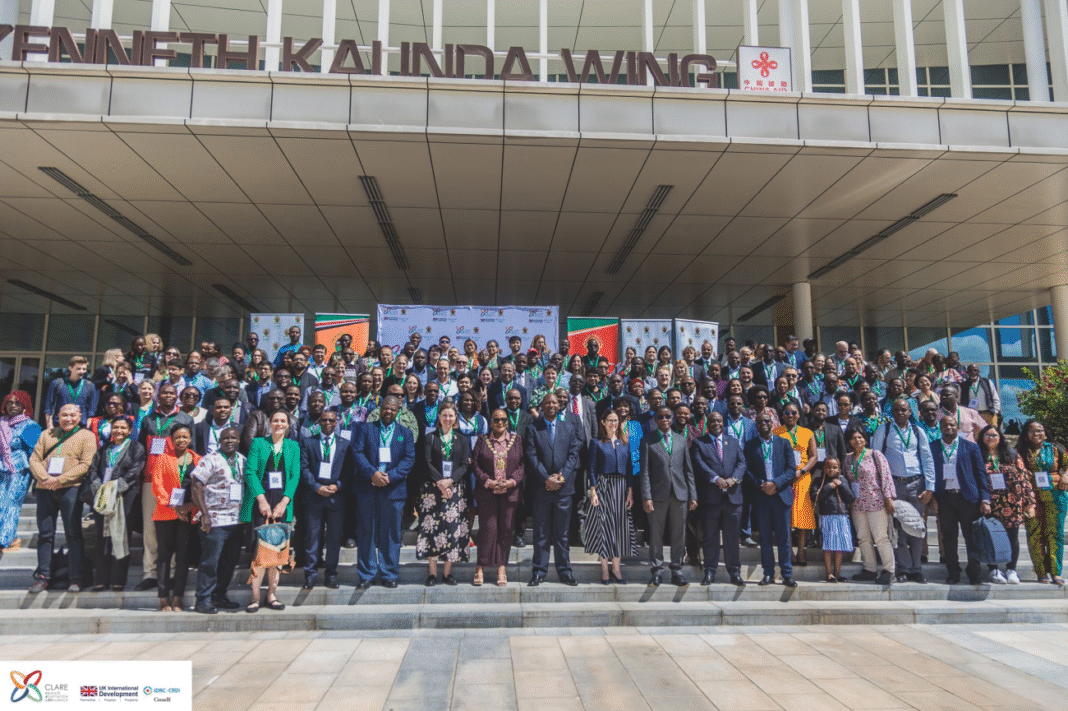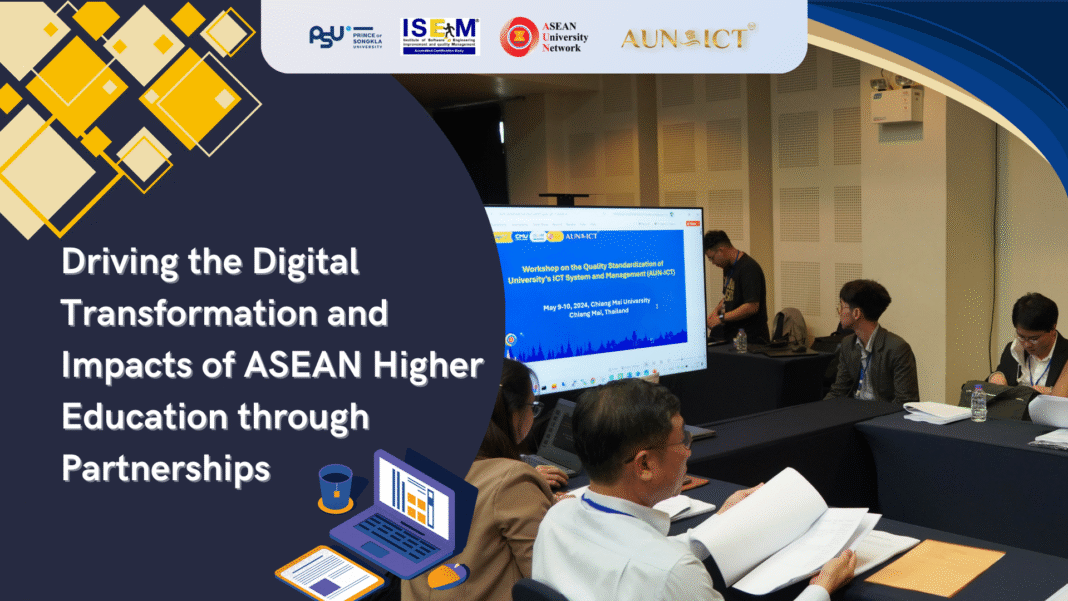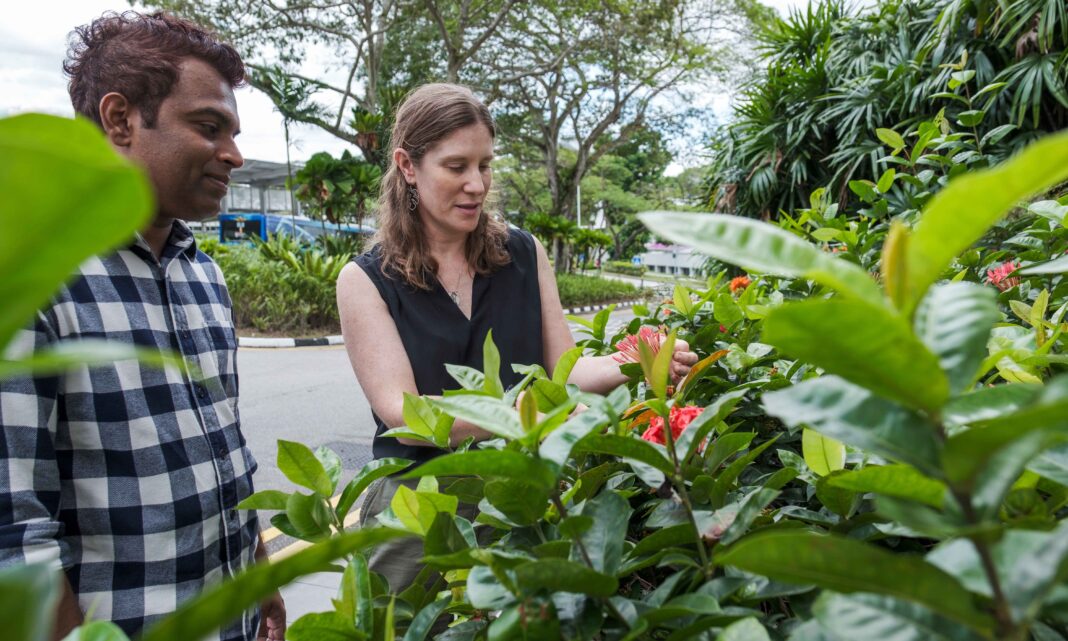Have you ever wondered how young climate researchers from developing nations can break into the elite circles shaping global climate policy? At a groundbreaking conference in Zambia this May, one innovative project demonstrated exactly how barriers can be dismantled.
SMU Champions Inclusive Global Climate Research at CLARExchange 2025
Singapore Management University (SMU) emerged as a standout voice at the inaugural CLARExchange held in Lusaka, Zambia from 6 to 9 May 2025. Themed “Co-creating CLARE Narratives,” this pioneering conference served as a vital platform for knowledge exchange, peer learning and cross-regional collaboration between researchers, practitioners, and policymakers tackling the frontline challenges of climate change.
A Global Gathering for Climate Solutions
Hosted by the Foreign, Commonwealth & Development Office (FCDO), the International Development Research Centre (IDRC), and the University of Zambia, CLARExchange 2025 drew close to 200 participants from across continents. The event showcased more than 30 climate adaptation and resilience (CLARE)-funded projects spanning Asia-Pacific and Africa. Meanwhile, participants from the CLARE international community leveraged this inclusive forum for meaningful collaboration and knowledge exchange among diverse institutions involved in CLARE-supported projects.
Breaking Down Barriers for Global South Researchers
Representing SMU was a dedicated team spearheading the project “Enhancing Inclusive Global South Participation in the IPCC Special Report on Climate Change and Cities.” Launched just three months prior, this timely initiative addresses a pressing gap in climate research representation. The program ensures that early-career researchers from developing nations can meaningfully contribute to the forthcoming Intergovernmental Panel on Climate Change (IPCC special report).
The SMU-led programme provides comprehensive support including financial backing, technical resources, and capacity-building opportunities. For example, participants receive travel funding, IT resources, training in knowledge brokering and data management, plus invaluable mentorship opportunities. As a result, the initiative has successfully onboarded 7 chapter scientists contributing to the IPCC process.
“Our project aims to directly bridge that gap, equipping young researchers with the tools, networks, and confidence to shape future climate narratives, especially those relevant to urban resilience and vulnerable communities,” said Ms Graces Ching, Project Coordinator from SMU.
Finding Common Ground Across Continents
Among the diversity of individual projects presented at CLARExchange, the SMU team discovered valuable thematic commonalities. These ranged from shared methodologies in community engagement to scalable models for training and data sharing. Consequently, participation in CLARExchange sub-groups now grants the team access to toolkits, approaches, and shared resources from more established projects within the network.
“It was powerful to see how complementary our goals are,” commented Ms Ching. “There’s clear potential to learn from the capacity-building frameworks of other projects and explore how we can further collaborate.”
Expanding SMU’s Climate Policy Footprint
As the CLARE programme moves to institutionalise CLARExchange as an annual gathering, SMU’s presence at the event represents a strategic advancement in expanding its influence within global climate policy dialogue. The traction and networks gained from this four-day conference are already propelling SMU’s project into its next phase of designing high-impact, regionally relevant training programmes.
Furthermore, the university is contributing substantively to the IPCC’s Special Report on Climate Change and Cities, positioning itself at the forefront of urban climate adaptation research. This collaboration exemplifies how academic institutions can drive meaningful change in climate resilience efforts.
The conference experience reinforced a fundamental truth about climate action: collaboration trumps competition every time. As Ms Ching reflected, “This experience has reaffirmed our belief that the future of climate adaptation research lies in collaboration, not competition. We left Zambia with renewed resolve, and a growing network of partners equally committed to ensuring that Global South perspectives shape global climate futures.”
SMU’s journey at CLARExchange 2025 proves that meaningful climate action requires diverse voices and inclusive participation. By empowering early-career researchers from developing nations, initiatives like this ensure that tomorrow’s climate policies reflect the full spectrum of global experience and wisdom. The question now isn’t whether such collaboration will shape our climate future—it’s how quickly we can scale these inclusive approaches worldwide.


